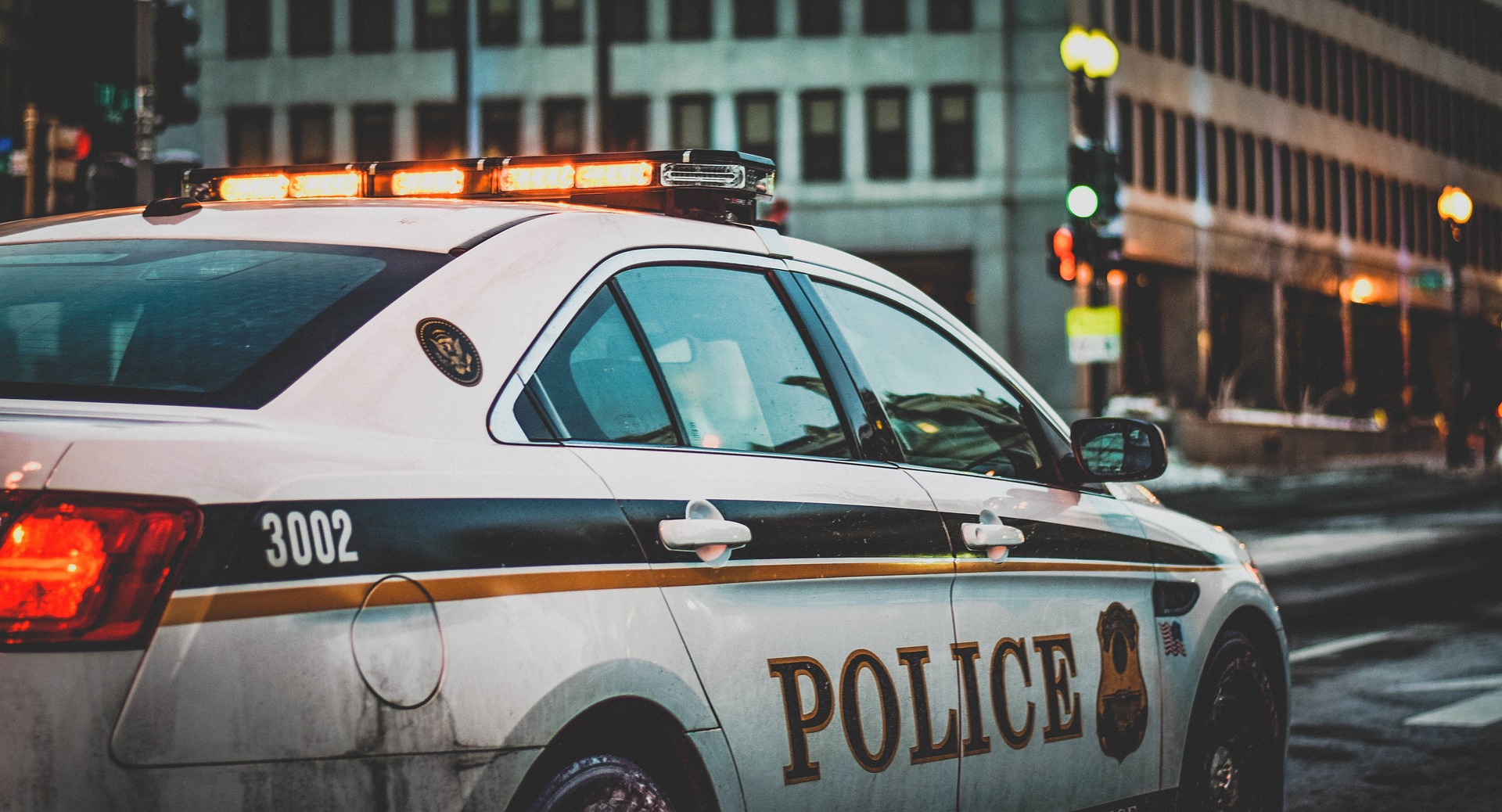I’m a Tamil-Canadian living in suburban Mississauga, and on April 16 I felt fear for the first time since the pandemic started. That was the day Doug Ford announced that police officers have “enhanced authority” to stop anyone who is outside and ask for their address or reason for leaving home.
Ford faced backlash almost immediately, including criticism from the Ontario police associations he sought to empower.
Chief Nishan Duraiappah of Peel Region Police said, “I would like to reassure our citizens that our officers will not be conducting random vehicle or individual stops.” Meanwhile, Toronto Police tweeted that they will “continue to engage, educate, and enforce, but we will not be doing random stops of people or cars.”
As a result, Ford softened his initial announcement by tweeting that “we’re going to focus on those who are deliberately putting others at risk by ignoring the rules.”
However, his lack of concrete rules raised many questions. What counts as an essential reason? Am I allowed to sit by myself for mental well-being on a park bench or in my parked car? Is there a certain radius centred at my home beyond which I can’t reasonably exercise? If a police officer approached me, and I reached into my pocket to grab my mask, could that officer interpret that action as a threatening gesture?
I don’t want to end up as a social media hashtag.
Peel police officers have developed a reputation for using excessive violence against people of colour. Instead of deescalating, they shot and killed Ejaz Choudry, 62, last June in Malton. Same with D’Andre Campbell, 26, last April in Brampton. So why did Ford think additional policing within Peel Region was the way to halt the third wave?
Consider Ford’s own actions. He violated social distancing rules last Mother’s Day during the first wave. Consider Rod Philips, Ontario’s former finance minister. He staged photo-ops to be shared over the Christmas break, while he vacationed at St. Barts. Reports also indicate that Ford’s senior staff members were informed of Philips’ intention to travel overseas several days in advance.
How about Adam Skelly who openly flouted lockdown restrictions. He was able to keep his restaurant open for three days before being arrested. Where was enhanced authority then?
In the days since Ford’s announcement, I went outside for walks. Although I didn’t see police vehicles patrolling the streets, I still felt like I had a target on my back. I tried to imagine how an idle police officer would regard me. Would they see a random pedestrian? Or would they see a troublemaker on her way to put others at risk?
Before, I would only carry my phone and keys. Now, I carry my driver’s licence, in case I have to identify myself.
Instilling paranoia and self-policing is part of Ford’s legacy. He wanted us to tacitly accept enhanced policing, because we are the people without the affluence to break rules. He expected us to be acquiescent and police associations to be complacent. But police associations have refused his diktat, and we must also resist policing ourselves.
Although we live and work in hot spots, we are not vectors of disease; we must not see ourselves as such. We must not be afraid to walk around in our own neighbourhoods. We must not be afraid to literally take up space and show ourselves in Ontario.
As it’s true that BIPOC and poorer communities have been disproportionately affected by the pandemic, let us not be afraid of ourselves.


